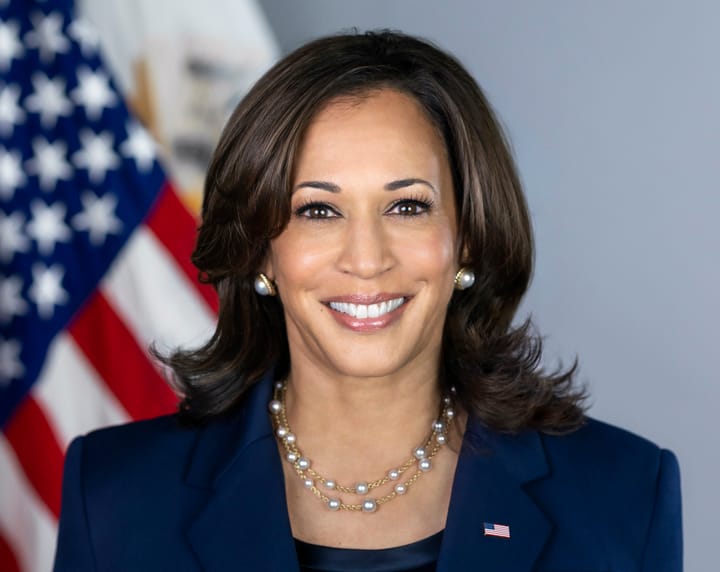Communist Party Power in Hong Kong: Next Stop Taiwan

By Clemens Schmid
“There’s not much I can do now… It feels like we’re being repressed in a very underhanded way.” These are the words of one of the last Hong Kong democracy activists, Chan Po-ying, who, at 68 years of age, is still fighting for what she believes. Since the passing of the Hong Kong national security law in 2020, protesters fighting for their rights and freedoms have been jailed, beaten, and killed.
A treaty broken
Almost 40 years ago, on the 19th of December 1984 the Sino-British Joint Declaration (on Hong Kong) was signed in Beijing, by both the Prime Minister of the United Kingdom and the Premier of the People's Republic of China. Back then both parties agreed that Hong Kong would remain a Special Administrative Region (SAR) of China for the next 50 years, starting on the 1st of July, 1997 and ending on the 1st of July, 2047 (UN).
Hong Kong did not end up as a SAR for 50 years, indeed not even for the next 30 years.
Protests silenced, freedoms taken
Hong Kong had a rich history of protests, remembering past injustices, such as the Tiananmen square massacre and fighting for continued democracy and independence from China. Then came 2019.
The parliament of Hong Kong proposed a law, which allowed the extradition of alleged criminals to China. Many Chinese political activists who previously fled to Hong Kong feared for the freedoms they had enjoyed there. The law ended up being postponed, but it was made clear to the protesters that it would come eventually.
As protests continued during August, protesters began speaking of the “White Terror” referring to the fact that the police had started employing teargas and water cannons against the demonstrators. Protests were becoming ever more violent and on October 1st, a young protester was shot by police forces, marking one of many crimes committed by police on the 70th anniversary of the People's Republic of China and later.
Then came 2020 and the COVID-19 pandemic began having a significant impact on the protests. COVID gave the Chinese Communist Party the perfect excuse to and opportunity to repress protests in Hong Kong. Just weeks into COVID, on March 1st more than 100 protesters were arrested by police forces, after refusing to disband their protest.
The national security law
In a session on the 30th of June 2020, the Hong Kong national security law was passed, which was enabled through a section of the constitution, which in rare cases allowed China to exercise power to make laws that would apply in Hong Kong.
The law made any “separatism, subversion, terrorism and foreign interference” illegal. This, however, is so vague that it can be used against pretty much all protests against the Chinese government. This ended many of the large protest movements as people became scared of the punishments they could face if they continued.
Today, as Chan Po-ying explained, people are being repressed “in a very underhanded way.” China wants to avoid the large publicity the 2020 protests aroused and is therefore finding other ways to make the lives of those involved in pro-democracy hard, as their offices are being raided by police and they face constant harassment.
China and the future of Taiwan
As Donald Trump, who does not seem to prioritize the independence of Taiwan, moves into office on January 20, 2025, the future of Taiwan seems uncertain. China has long continued to taunt the people of Taiwan by doing training exercises and flying military planes close to the island. Once Trump becomes president, there is a real chance that China will attempt to seize Taiwan, most likely leading to Taiwanese people being heavily oppressed and former government officials being imprisoned.


